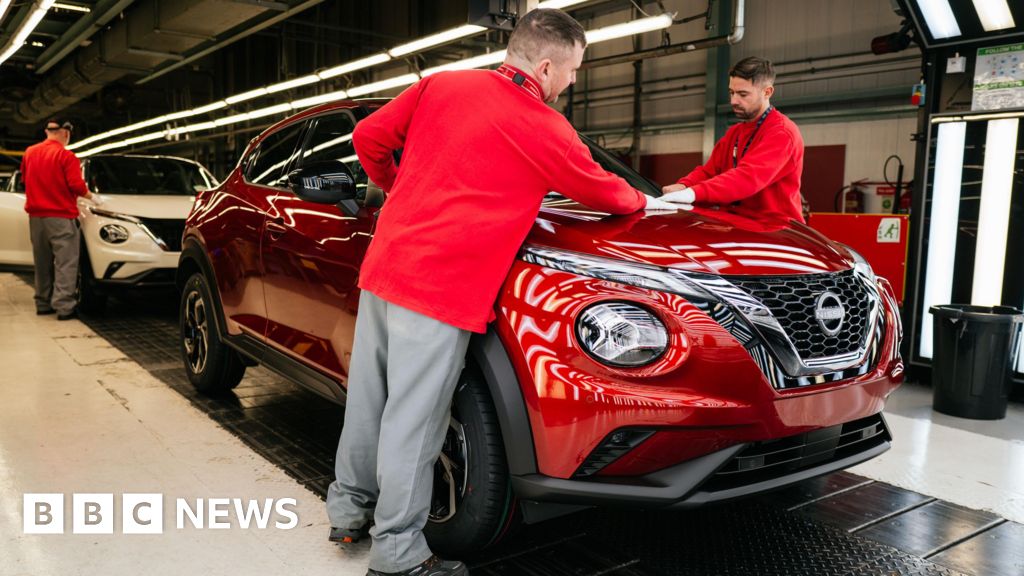
Nissan Motor Co. has revealed a significant restructuring plan that includes the layoff of 11,000 workers and the closure of seven manufacturing plants across the globe. The move reflects the Japanese automaker’s ongoing efforts to stem financial losses and restore long-term profitability.
The announcement marks a deepening of previously disclosed cost-cutting initiatives and signals Nissan’s struggle to maintain competitiveness in a rapidly evolving auto industry. The company did not immediately release details on the specific locations of the affected plants or how the layoffs would be distributed geographically.
Nissan’s restructuring plan comes amid heightened pressure from declining global car sales, intense market competition, and the costly transition toward electric and autonomous vehicles. The company has faced a tough business environment exacerbated by the impact of the COVID-19 pandemic, supply chain disruptions, and strategic challenges stemming from deteriorating relations with its alliance partners, notably French automaker Renault.
These layoffs are in addition to earlier workforce reductions announced in recent years. Once completed, the company expects the cumulative job cuts to significantly reduce its fixed costs and improve operational efficiency.
Industry analysts suggest that while the measures are painful, they may be necessary to enable Nissan to better align its production capacity with global demand. The cuts are expected to help streamline operations and support future investments in electrification and digital technologies.
Nissan has not provided a timeline for the closures or layoffs but stated that further updates would be shared as the restructuring progresses. The company aims to reallocate resources toward strategic markets and emerging technologies in order to strengthen its long-term competitiveness.
The announcement represents one of the most aggressive steps taken by a major global automaker in recent times and underscores the scale of the challenges facing traditional vehicle manufacturers in adapting to a rapidly transforming industry.
Source: https:// – Courtesy of the original publisher.








